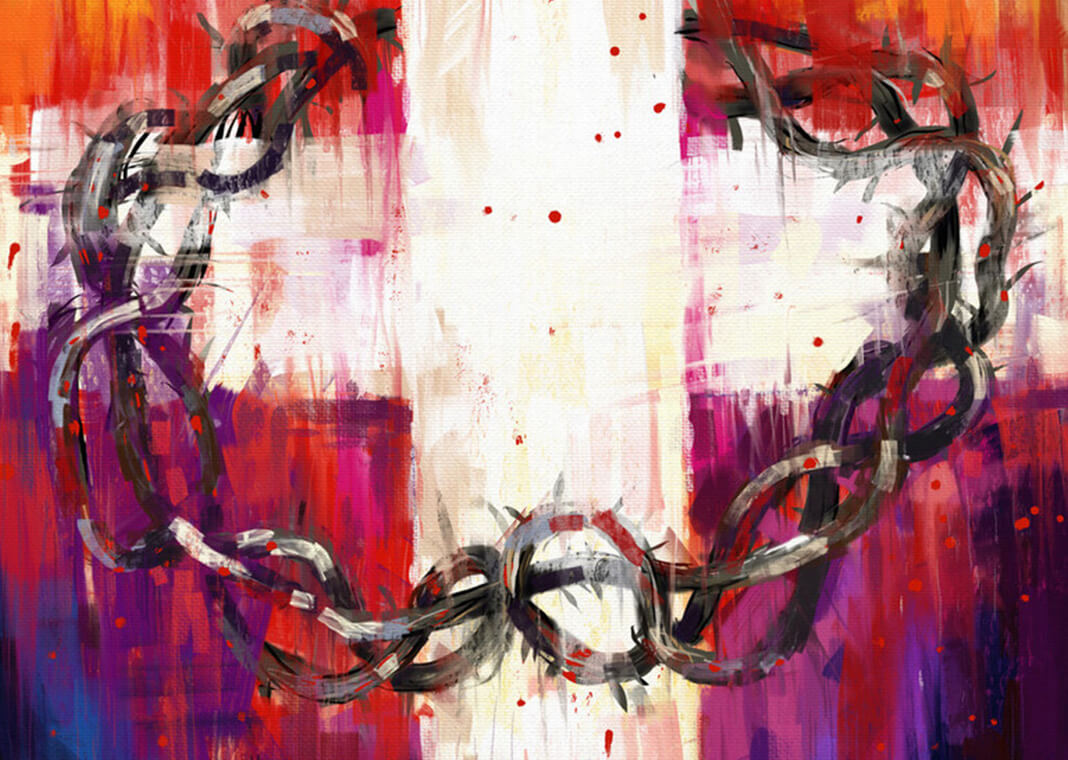
For all the healing and hope Jesus had brought to perhaps thousands of people, there was no sign by this time that he had transformed the culture, powers, and societal structures of his time. After he died, abandoned by all but a few disciples, there was no sign of the Church he had asked Peter to lead, the Church that would continue his mission. When Jesus let out his last gasp, all that was left was a group of shattered, fearful, confused followers muttering, “We had hoped” (Luke 24:21).
To enter into the Passion is to imagine ourselves as part of that failure. It is to picture ourselves in Jerusalem, fleeing Golgotha, and trying to explain to a visitor who Jesus was. The visitor would see only another distastefully brutal punishment of some provincial wretch on the forgotten edges of an empire, with the connivance of corrupt local religious leaders. Would I be able to explain otherwise? “We had hoped,” the disciples say after Jesus’ death. Was it all a dream? Did we ever really believe this? When Ignatius asks us to contemplate divinity going into hiding, we must not turn our eyes from the depth of the human failure Jesus took on. Faced with the prospect of the Passion, he is overpowered, three times praying to be spared what is to come. As Karl Rahner writes, “The Father does not budge. . . . The request for the passing of the chalice is drowned in silence.” But by the third prayer, Jesus has accepted what is to come, and has new energy and decisiveness: “Get up, let us be going” (Mark 14:42). His submission allows him to receive the grace he needs.
God will begin to act while the world sleeps.
Because of his acceptance, Jesus is never weighed down or deterred by fear of failure. His suffering is intense and relentless. Yet even when he feels the absence of the Father to whom he has dedicated all, Jesus never loses his trust that God will act, somehow, to save humanity. Jesus trusts that it will be precisely through this failure, in the place of the catastrophe, that God will create the new thing, will open the new horizon. Jesus is completely attuned to the logic of the divine plan of salvation in which there is an “inexorable link between the willing and courageous acceptance of complete failure in one’s historical life-story, and the successful accomplishment of the divine will,” as Navone puts it.
That divine will is recognized only later, in retrospect, only after that historical life story is over. God will begin to act while the world sleeps, when the tomb is dark and empty and silent and the corpse is still, and all hope has died.
In his La Plata retreats Bergoglio described this embrace of failure as Jesus “entering into patience.” Jesus endures, is constant, holds fast, awaits. His failure in worldly terms is total, yet he succeeds in the one thing that matters: the fulfilment of God’s will. He defeats sin by radical hope in God’s action.
—Excerpted from First Belong to God: On Retreat with Pope Francis by Austen Ivereigh

Hope adds life to our life span. Long live hope.
“By the third prayer, …” Jesus was given the strength he needed.
How often do I give up after asking only twice? ?
wow ! this allows us / me to see under and to Francis’ grounding in that “patience ” that’s cited here; to me it sort of started with Ignatius’s graced-insights … and carries on coming to us, especially thru the Society.